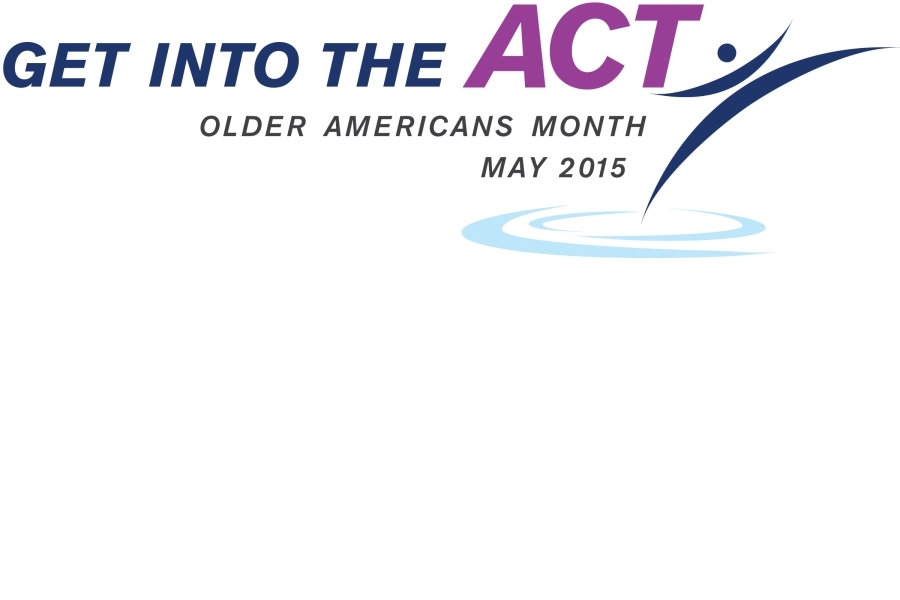It has been 50 years since President Lyndon B. Johnson signed into law the Older Americans Act. Enacted as part of Johnson’s “Great Society” reforms, this legislation formed the structure through which millions of older adults receive social supports and preventative health services. Five decades later, the Older Americans Act remains the preeminent legislation addressing the needs of older adults in the United States.
The Older Americans Act created the National Administration on Aging, which now oversees the 56 State Agencies on Aging and 629 Area Agencies on Aging. The Administration on Aging covers programs and services such as Meals on Wheels, transportation assistance, case management, family-caregiving supports, preventative health care and services to prevent and detect elder abuse. Currently, more than 11 million older adults in the United States receive services from an Older Americans Act program.
Yet, despite its successes, the Older Americans Act has become a point of political contention and persistent underfunding. Inadequate budgets over the past two decades have prevented Administration on Aging programs from keeping pace with the needs of a rapidly growing older-adult population. And the Older Americans Act has not been reauthorized since expiring in 2011, despite attempts in Congress each of the past five years. Political gridlock and partisan rancor have cast doubt on the long-term vitality of this essential legislation.
The reauthorization of the law is undoubtedly important, especially after many years of political uncertainty. However, it is critical that any reauthorization take into account the diversity of today’s demographics, including the rapid growth of our LGBT older-adult communities. There are more LGBT older Americans today than at any other point. The law that structures the aging-services system must be updated to reflect the older-adult population of 2015, rather than 1965.
The Older Americans Act prioritizes the provision of services to individuals experiencing the “greatest social need,” including isolation caused by racial or ethnic status. Services funded by the Administration on Aging are designed to account for the unique issues of these high-need populations. LGBT people, however, are not included in this category of individuals experiencing great social need, and thus receive no specific funding or support through the Older Americans Act.
We know that LGBT older adults face unique social and economic needs, stemming from decades of discrimination and mistreatment. We also know that the aging-services network, responsible for providing us with care as we age, is often unprepared to meet the unique needs of members of our LGBT older-adult communities. Area Agencies on Aging, charged with the delivery of services to seniors at the city and county level, often fail to provide inclusive programming and targeted outreach to LGBT communities. Providers within the aging-services network receive no mandatory cultural-competency training around working with LGBT older adults. There is a stark lack of funding for research initiatives, data collection, programs or social services targeting LGBT older adults.
Due to the high level of need experienced by LGBT elders and the lack of effective, culturally sensitive services available, it is imperative that the next reauthorization of the Older Americans Act includes language that protects and supports LGBT older adults. Failing to do so will be extremely damaging to the millions of aging LGBT people who must rely on the aging-services network.
On this 50th anniversary of the historic legislation, let us celebrate all that the Older Americans Act has provided for millions of older adults, but let’s also acknowledge the work that remains and call on our legislators to adopt legislation that reflects the true diversity of today’s older-adult communities. LGBT older adults must be added to the class of older adults experiencing great social and economic need. The Older Americans Act must direct the Administration on Aging to increase data collection and research on the needs of our communities. Funding must be allocated to ensure that State Agencies on Aging and Area Agencies on Aging have the funds necessary to provide LGBT-specific programming, services and outreach into our communities.
Only by taking steps to increase support for LGBT elders will Congress be able to pass a reauthorization of the Older Americans Act that will meet the needs of today’s diverse older-adult population.
David Griffith is a recent MSW graduate from the University of Pennsylvania’s School of Social Policy and Practice and a former intern with the LGBT Elder Initiative. The LGBTEI fosters and advocates for services, resources and institutions that are competent, culturally sensitive, inclusive and responsive to the needs of LGBT elders in the Delaware Valley. To comment on this article, suggest topics for future articles or for more information, visit www.lgbtei.org or call the LGBTEI at 215-550-1460 and watch for “Gettin’ On” each month in PGN.
